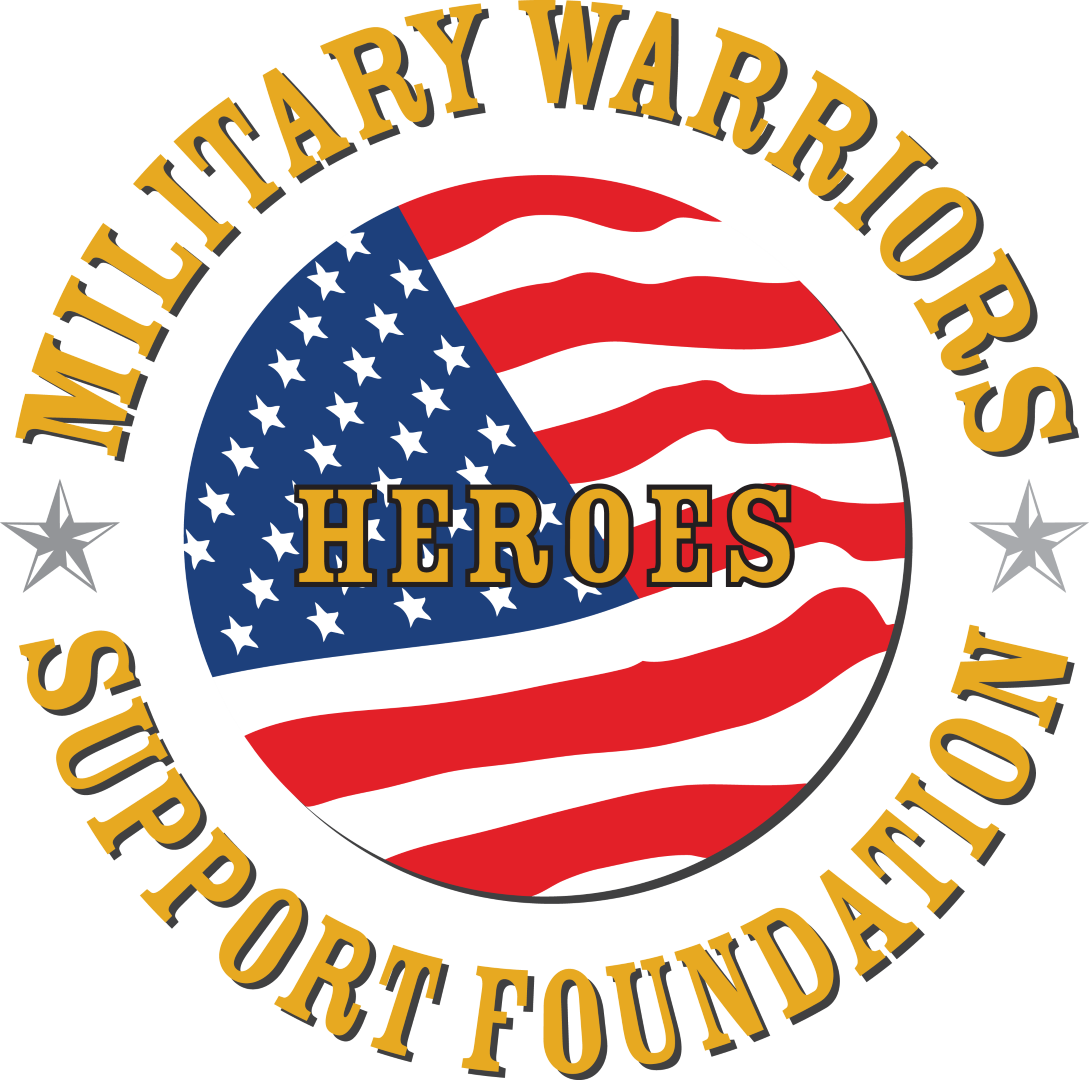How We Help!
Our Organizational Perspectives:
At Skills4Life, we've witnessed firsthand the profound impact of group recreational activities on our medically retired combat-wounded veterans. These activities not only promote physical rehabilitation but also help veterans build resilience and forge lasting bonds with peers who understand their experiences and help mental wellbeing, social support and overall quality of life.
Through our events, we've seen medically retired combat wounded veterans overcome significant challenges and achieve personal milestones. The teamwork and camaraderie fostered in these group settings are crucial for their recovery and integration into civilian life.
Listed below are just a few of the examples of how our program and events benefit those that we serve.
1. Physical Healing: Engaging in these activities can contribute to physical healing by promoting mobility, coordination, and muscle strength. For veterans recovering from injuries or surgeries, these activities offer low-impact physical exercise that can aid in recovery and improve overall fitness.
2. Mental Health Benefits: Spending time outdoors and participating in recreational activities such as fishing, hunting, golf, etc. can have significant mental health benefits. They provide veterans with opportunities for relaxation, stress reduction, and a break from the challenges they may face due to their injuries or trauma. These activities can contribute to an improved mood, reduced anxiety, and a sense of accomplishment.
3. Social Interaction: Hunting, fishing, and golfing often involve group participation. These social interactions are crucial for combat-wounded veterans, as they can help combat feelings of isolation and strengthen bonds with fellow veterans or members of their community.
4. Skill Development and Sense of Purpose: Learning or honing skills related to hunting, fishing, or golfing can provide veterans with a sense of purpose and achievement. It allows them to focus on goals related to mastering these activities, which can be empowering and contribute to their overall well-being.
5. Connection to Nature: Being outdoors and engaging with nature has been shown to have therapeutic effects, including improved mental clarity, reduced stress levels, and increased feelings of connection to the natural world. For veterans who may feel disconnected or alienated after their military service, these activities can help restore a sense of connection and peace.
In summary, hunting, fishing, and golfing provide combat-wounded veterans with physical, mental, social, and emotional benefits that contribute to their overall well-being, resilience and quality of life as they navigate through civilian life.
Research and Studies:
A study published in the Journal of Rehabilitation Research & Development found that group recreational activities contribute significantly to the psychological and social rehabilitation of combat-wounded veterans. These activities foster a sense of community, reduce feelings of isolation, and improve overall mental health outcomes (Source: JRRD, 2019).
Research from the RAND Corporation highlights that participation in group recreational activities among combat wounded veterans is associated with improved physical fitness, enhanced social integration, and reduced symptoms of depression and anxiety (Source: RAND, 2020).
Various studies supported by the Department of Veterans Affairs have demonstrated the therapeutic benefits of group recreational activities for combat-wounded veterans. These activities have been shown to promote resilience, aid in the recovery process, and facilitate successful reintegration into civilian life. The VA emphasizes the importance of tailored recreational programs that address veterans' unique needs and preferences (Source: VA Research, ongoing).
